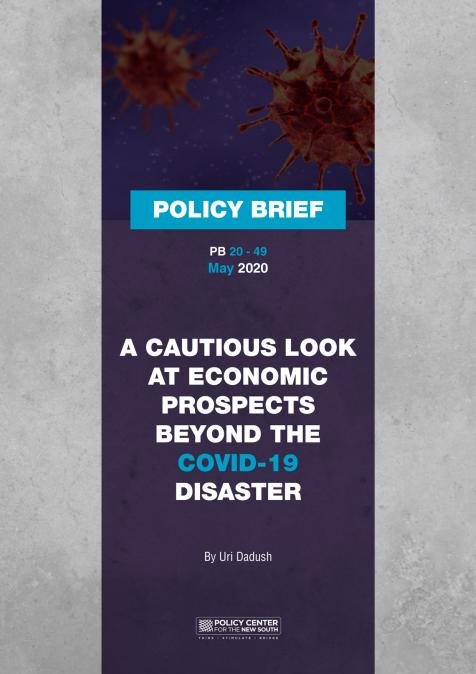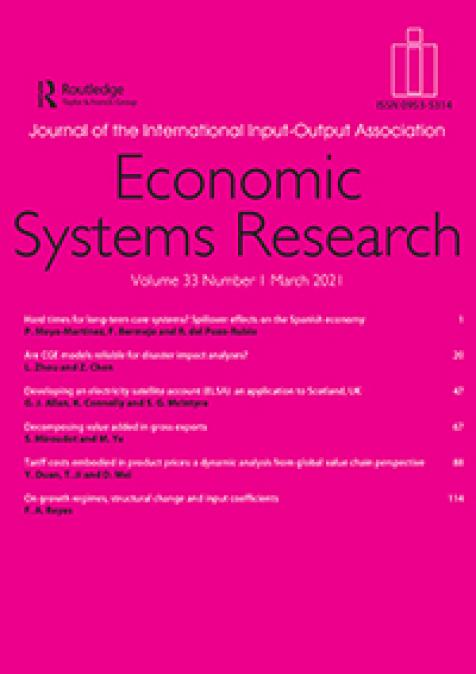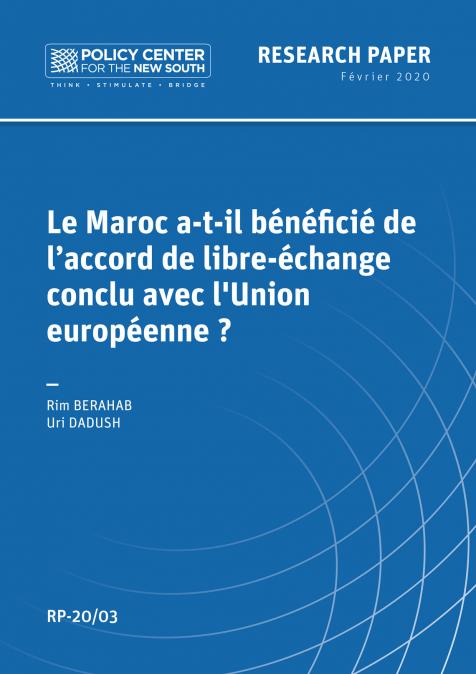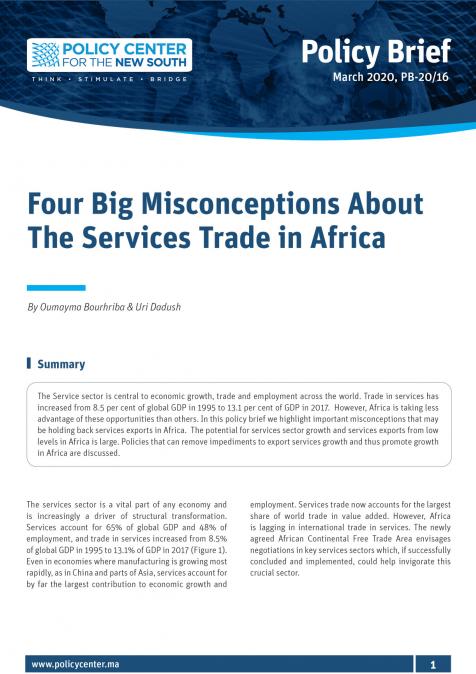Podcasts
TTIP and economic policies in the South Atlantic
This podcast is performed by Peter Sparding. TTIP negotiations, now well into their third year, are slower moving than many stakeholders in Europe and the United States had originally hoped for. Contentious public debates in several European countries, as well as the focus on the Trans-Pacific Partnership and the passage of Trade Promotion Authority in the U.S. have seemingly slowed down progress over the past few months. But where do negotiations actually stand at this point? What does the political calendar in Europe and the U.S. look like and how might it affect TTIP negotiations going forward? What are the problematic issues holding up progress? These are some of the questions this briefing will aim to answer. Given TTIP's potential impact beyond the immediate negotiation partners, the discussion will furthermore aim to explore what a successful TTIP might mean for third party actors in the Atlantic space and beyond.







